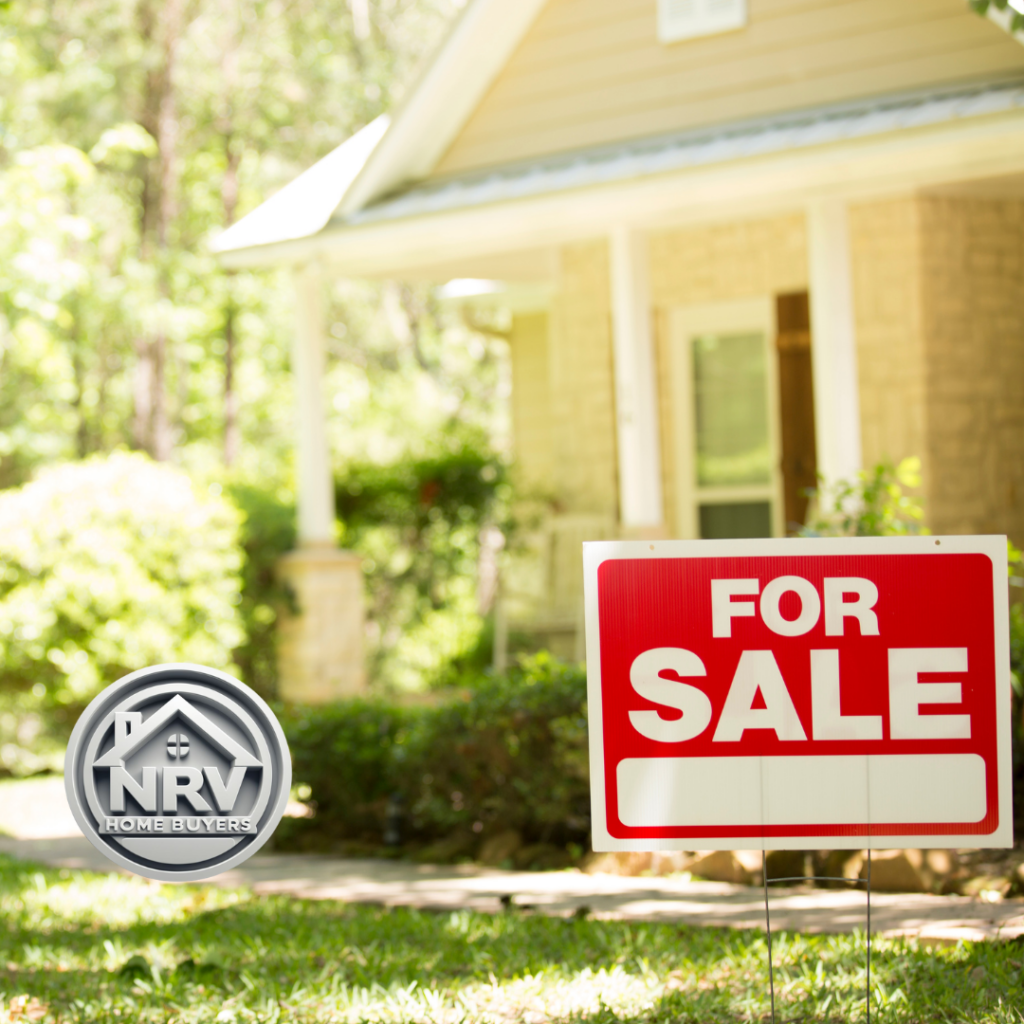So, you’ve found your perfect home. The problem? You haven’t sold your current house yet. What can you do in this tricky situation? In this article, we’ll explore your options and help you navigate the process of moving when your house hasn’t sold yet in VA.

How to Move When Your House Hasn’t Sold Yet in VA
Buying and selling a home simultaneously can be overwhelming. Coordinating both transactions is challenging, especially with the financial limitations imposed by mortgage lenders like the FHA, Fannie Mae, and Freddie Mac. These organizations have strict rules regarding second mortgages if you still own your current home. If you need to take out an additional mortgage, you’ll need to overcome a few obstacles.
FHA Requirements for a Second Mortgage
To qualify for a second mortgage through the FHA while still owning your first home, you must meet certain conditions. You’ll need a valid reason for moving before selling your current home. Acceptable reasons might include needing a larger home due to family growth, relocating for work, or going through a separation.
Additionally, you cannot owe more than 75% of the value of your first home. It’s important to research FHA guidelines and understand all the conditions before assuming you will qualify for a second mortgage.
Borrowing From Family
Asking family members for a loan could be a practical solution, but it’s crucial to put everything in writing. Establish clear repayment terms, ideally stating that you will repay them in full once your first home is sold. Transparency is key to maintaining a good relationship when money is involved. If you’re concerned that borrowing from family could strain the relationship, you may want to consider other financing options.
Bridge Loans to Cover Two Mortgages
Another option is to apply for a bridge loan, also known as a “wrap” loan. These short-term loans are designed to “bridge” the gap between two mortgages while you wait for your first home to sell. Bridge loans combine both mortgage payments into a single interest-only payment, helping to manage the financial burden temporarily.
Typically, bridge loans last 6 months to a year, and the requirements can vary by lender. Generally, you’ll need excellent credit and be financing less than 80% of the combined value of both homes. It’s a viable option for those who qualify and can alleviate the pressure of carrying two mortgages.
Borrowing From Your 401(k)
While it may not be the first option for everyone, borrowing from your 401(k) could be another way to secure funds for a down payment on your new home. Speak with your employer or plan administrator to understand the terms and any tax penalties that might apply. Ensure you plan to repay yourself after the sale of your first home, but be cautious—this strategy isn’t suitable for everyone and requires careful consideration.
Renting Back to the Seller
A creative solution to manage two homes at once is to offer the seller of your dream home the option to rent it back from you for a short period after you’ve closed the purchase. This arrangement can benefit both parties. The seller gets extra time to find their new home while you reduce the burden of covering two mortgage payments. It’s a win-win situation that could be appealing to both sides, depending on their circumstances.
Adding a Contingency to Your Offer
Another strategy is to include a contingency clause in your offer, stating that the sale of the new home will only proceed after your current home has sold. If your home is priced competitively and is new to the market, it should sell quickly. Present this contingency to the sellers of the home you wish to buy, and reassure them that the closing won’t be delayed. You could agree to a specific timeline to show your commitment.
Conclusion
Moving before your house sells can be a tricky situation, but with the right approach, it’s possible to make it work. Whether you secure a second mortgage, borrow from family, or utilize a bridge loan, there are several options available to you. Additionally, negotiating creative solutions like renting back to the seller or including contingencies in your offer can help ease the financial burden of carrying two properties.
If you’re navigating the complexities of buying and selling a home at the same time, we’re here to help. At NRV Home Buyers, we specialize in assisting with all your real estate needs. Contact us today by filling out this short form, or give us a call at 540-585-1992 to learn more about how we can support you through this process!
